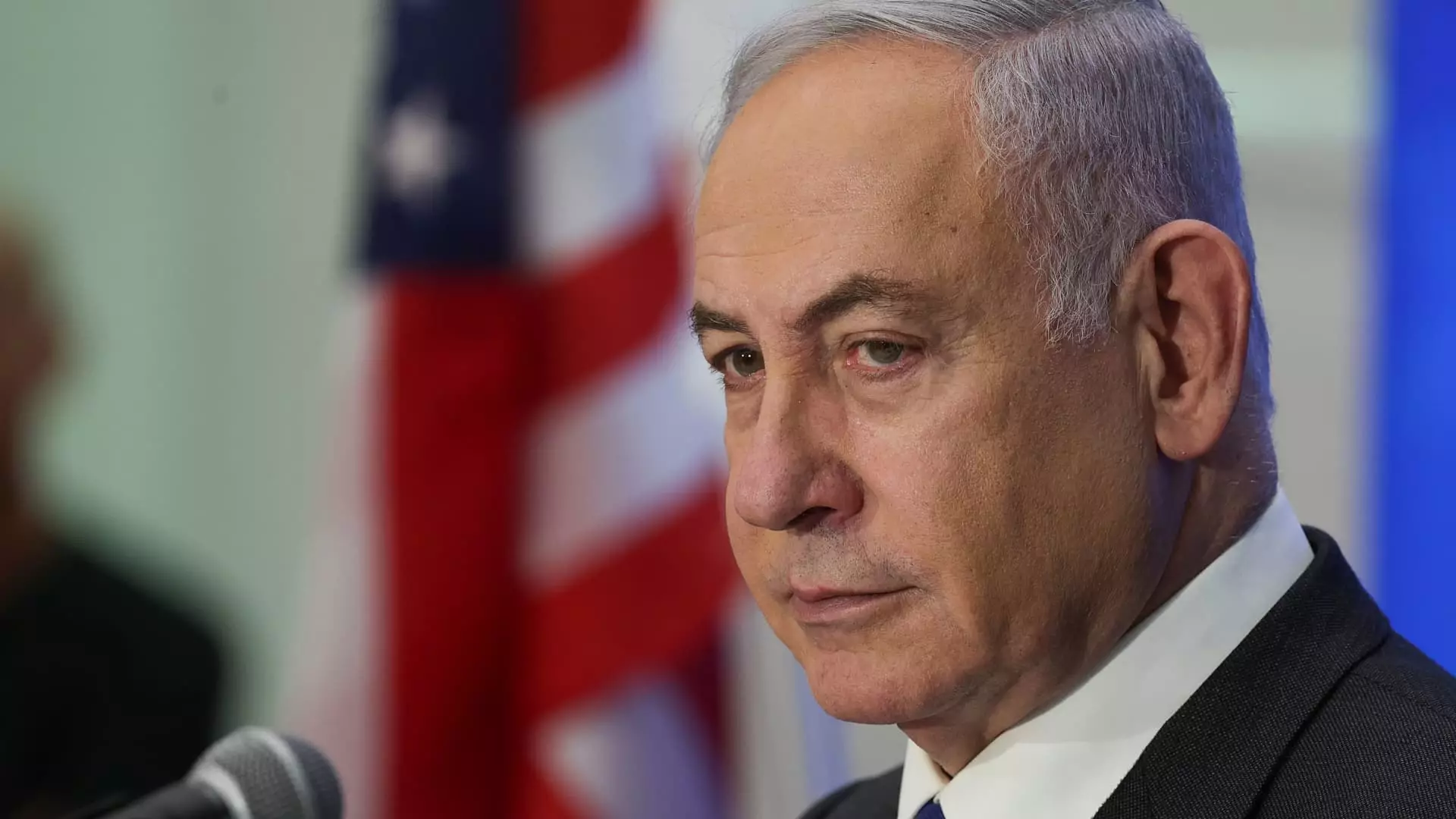The upcoming address of Israeli Prime Minister Benjamin Netanyahu to a joint meeting of Congress is already causing quite a stir in Washington. Vice President Kamala Harris, along with more than 30 Capitol Hill lawmakers, have made it clear that they will not be attending the speech. This move marks a departure from tradition, as typically the vice president presides over such joint congressional sessions.
The absence of Vice President Harris and the lawmakers can be attributed to a variety of reasons. Some are opting to boycott Netanyahu’s speech in protest of his policies in Gaza and the West Bank, as well as his reluctance to support a two-state solution. Others, like Sen. Bernie Sanders, have been vocal critics of Netanyahu throughout the ongoing Israel-Hamas war.
In the absence of Vice President Harris, Sen. Patty Murray would usually take her place as the president pro tempore of the Senate. However, Murray is not attending Netanyahu’s address for ideological reasons. Instead, Senate Foreign Relations Chairman Ben Cardin will preside over the joint session.
Despite the controversy surrounding Netanyahu’s speech, Cardin emphasized the importance of the relationship between the United States and Israel. He stated that this relationship transcends politics and partisanship, as well as any specific Israeli government or U.S. administration.
While Netanyahu is on Capitol Hill, he is scheduled to meet with the top four congressional leaders: House Speaker Mike Johnson, Senate Minority Leader Mitch McConnell, Senate Majority Leader Chuck Schumer, and House Minority Leader Hakeem Jeffries. Additionally, Netanyahu will also have separate meetings with President Joe Biden and Vice President Harris at the White House.
The decision of Vice President Harris and more than 30 lawmakers to boycott Israeli Prime Minister Benjamin Netanyahu’s address to Congress highlights the contentious nature of U.S.-Israel relations. The ongoing conflict in Gaza and the West Bank, as well as Netanyahu’s stance on a two-state solution, have further fueled the controversy surrounding his visit to Washington. As the situation continues to unfold, it remains to be seen how this will impact diplomatic relations between the two countries.

Leave a Reply